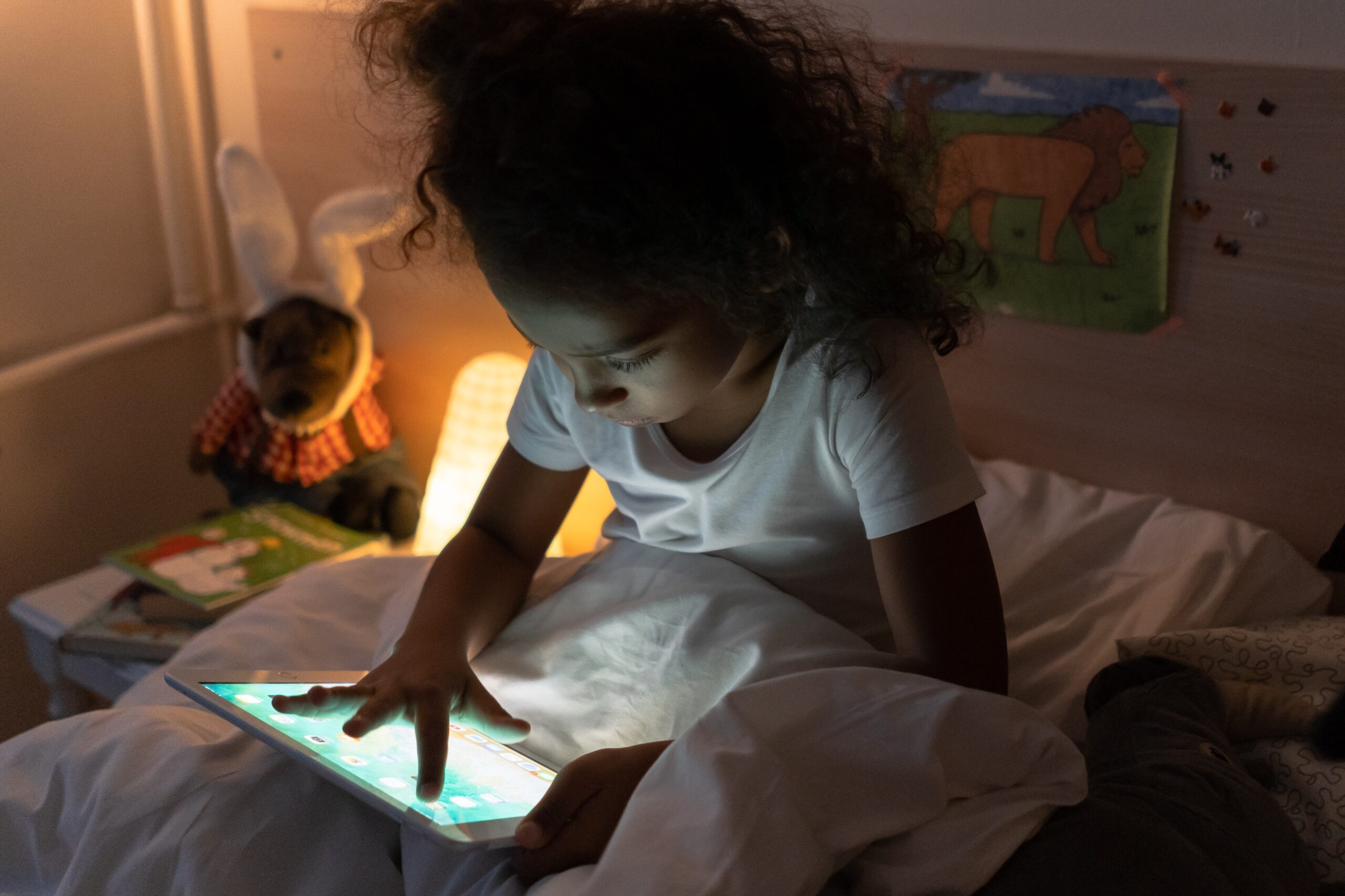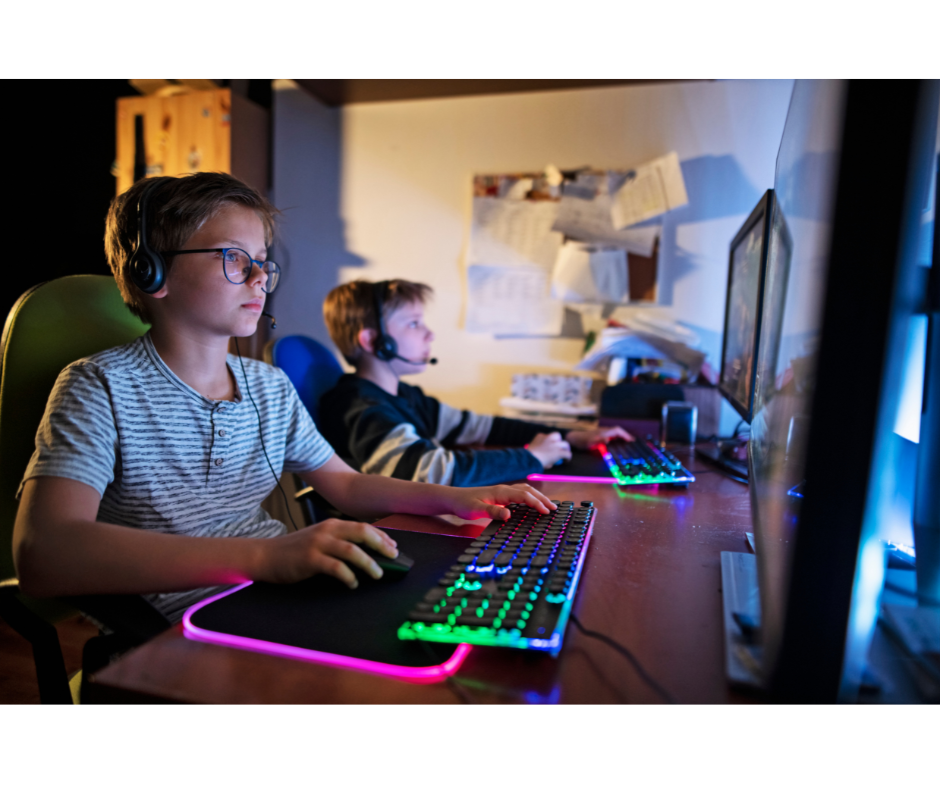
Taking the Easy Route
By Tim Elmore
Most moms with young children are exhausted. At least the ones I meet are. They don’t regret having kids, nor do they resent the parenting journey. They’re just weary. Younger kids can sap the energy right out of you. I recall a humorous story about a mom who was with eight children at the park one day. A gentleman nearby noticed all the kids and asked, “Are these all your children, ma’am, or are you on a picnic?” The mother smiled and said, “They’re all mine and believe me, it’s no picnic.”
In response, it’s easy these days to give kids, especially young toddlers, a tablet, phone or laptop to watch videos or play games. Those screens are a one-eyed babysitter. They lend a helping hand to busy guardians who oversee them. We breathe a sigh of relief as they become occupied with those new gadgets. They seem like a perfect antidote to our dilemma.
Until they’re not.
New Research on Kids and Screens
The Mayo Clinic just released new research and advisories for caring adults who oversee kids and teens. The earlier in life a child is on a screen, the greater they’re likely to struggle later. The more hours a kid spends on a screen, the greater they’ll struggle later. I recently met with educators who serve the same children, from the same cluster of schools, kindergarten through high school. They’ve witnessed what the data indicates nationwide. One case study of a boy was especially enlightening. Koby was obsessed with tablets at age five and continued to use them for at least four hours a day in elementary school and up to eight hours a day in middle and high school. As he grew older, Koby was unable to resolve conflict with his peers, or to wait on what he wanted, and he eventually threw tantrums as a young teen. This smart student required interventions primarily due to his exposure to screens over face-to-face interaction.
The American Academy of Pediatrics (AAP) advises “eliminating screen time for children younger than age two completely, linking it to language learning delays.” Incidentally, screen time includes all forms: TVs, movies, video games, computers, tablets, and cell phones. In short, here are the recommendations from the academy:
- No screen time for children under 2 years old.
- One hour per day for children 2 to 12 years old.
- Two hours per day for teens and adults.
Research has shown that screen time inhibits young children’s ability to read faces and diminishes social skills, two key factors needed to develop empathy. Face-to-face interactions are the only way children learn to understand nonverbal cues and interpret them. A growing body of evidence suggests that screen viewing before the age of 18 months not only has lasting negative effects on children’s language development, but reading skills and short-term memory as well. It also contributes to problems with sleep and attention.
Why Don’t We Heed the Evidence?
So, the verdict is in. There’s no question that screens can harm and stunt the development of children. So, why do we still expose them to screens? I think I know why. It’s easier for us. We can move on to other priorities in our day.
Taking the easy route influences our kids’ levels of resilience and entitlement. Think about it. If kids get their own way most of the time (if not all the time), they won’t need to cultivate grit or resilience. After all, parents or teachers have enabled kids to keep the peace or to keep them happy. Further, if kids get their way, it can’t help but cultivate a sense of entitlement. We see entitlement in almost every generation today since we all expect and assume comfort and conveniences that former generations never had (i.e., air conditioning, jet planes, microwave ovens, home entertainment, you name it). Interestingly, this sense of entitlement is higher in younger generations. That doesn’t make them bad; it simply means we must be intentional about leading them, balancing gratitude with entitlement and balancing personal desires with resilience. It means we learn to take the high road.
Truth be told, today’s generation of adults is just as vulnerable as today’s kids. We all need to develop resilience, but for different reasons. We must reject taking the easy route as we raise children, teach them, and coach them. If they’re going to have grit, we must have it first. And it’s got to be show and tell, not just tell. When my son was 14, he was homeschooled and heavily involved with community theater. This meant he was up late at night with productions, while still doing school assignments on his own. One spring, I saw him complete a long paper and turn it in on time during a heavy season of shows. When I congratulated him for his hard work, he replied, “Well, I figured if you can write a book in a year, I can write a paper in a week.”
The high road is always better than the easy route.






